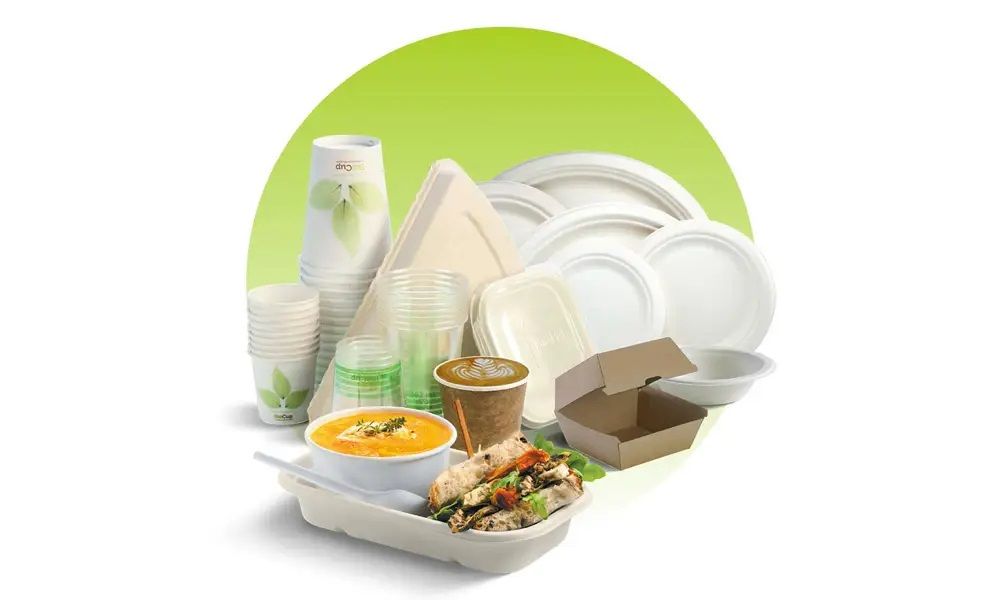Biodegradable vs compostable packaging - what's the difference?

IFE Manufacturing is the ultimate environment for product developers, packaging designers, ingredient buyers and manufacturers to come together to discover the latest trends and identify business transforming solutions and products. In addition to sourcing suppliers for every element of food and drink production, visitors find a range of opportunities to grow their businesses, boost their profits and discover the emerging technologies behind food and drink innovation.
In this blog, exhibitor BioPak runs us through the differences between biodegradable packaging and compostable packaging, plus what that means for food & drink products.
You’ve likely heard the terms ‘biodegradable’ and ‘compostable’ in reference to food packaging. Both are touted as sustainable alternatives to conventional plastics. But what do these terms actually mean and how should you choose between them?
Why does it matter?
Why should you care what the difference is? Well, it can help you make more informed choices about which packaging you use, and ensure you’re able to dispose of packaging responsibly. Doing this helps to fight plastic pollution and prevent waste from being sent to landfill.
What is a biodegradable product?
A biodegradable product is one that will naturally breakdown over time once disposed of correctly. It consists of biodegradable materials that present less harm than conventional plastics. However, defining ‘biodegradable’ is tricky, because theoretically almost everything can be broken down over time — not all products are 100 per cent biodegradable, and how much time are we talking?
For instance, a product might breakdown in a few years in soil, but take hundreds of years to degrade in cold water.
So, labelling a product as “biodegradable” without specifying a timeframe and some conditions is basically greenwashing.
What is a compostable product?
A compostable product is one that – when properly disposed of – will disintegrate into natural elements in a compost environment, leaving behind no toxicity in the soil.
But making this claim requires factual evidence in the form of certifications. So it’s not uncommon to see companies choose to label their products as biodegradable instead — which unfortunately contributes to confusion around disposal and can result in incorrect disposal or littering.
Compostable claims must be independently certified to a local home or commercial compost standards, and the type of compost environment – home or commercial – must be stated to avoid misleading the consumer.
Is BioPak biodegradable or compostable?
BioPak products are certified compostable — this means our packaging will biodegrade completely when disposed of according to the correct composting conditions.
We only make factual claims that can be verified through scientific processing – which is why our packaging is either certified home compostable to NF T51-800 European standards, or commercially compostable to EN13432 standards.
Find out more about BioPak's compostable packaging range at biopak.com/uk. To keep up to date with the latest news in food production, ingredients and packaging, subscribe to the IFE Manufacturing newsletter.
)
)
)
)
)
)
)
)
)
)
)
)
)
)
)
)
)
)
)
)
)
)
)
)